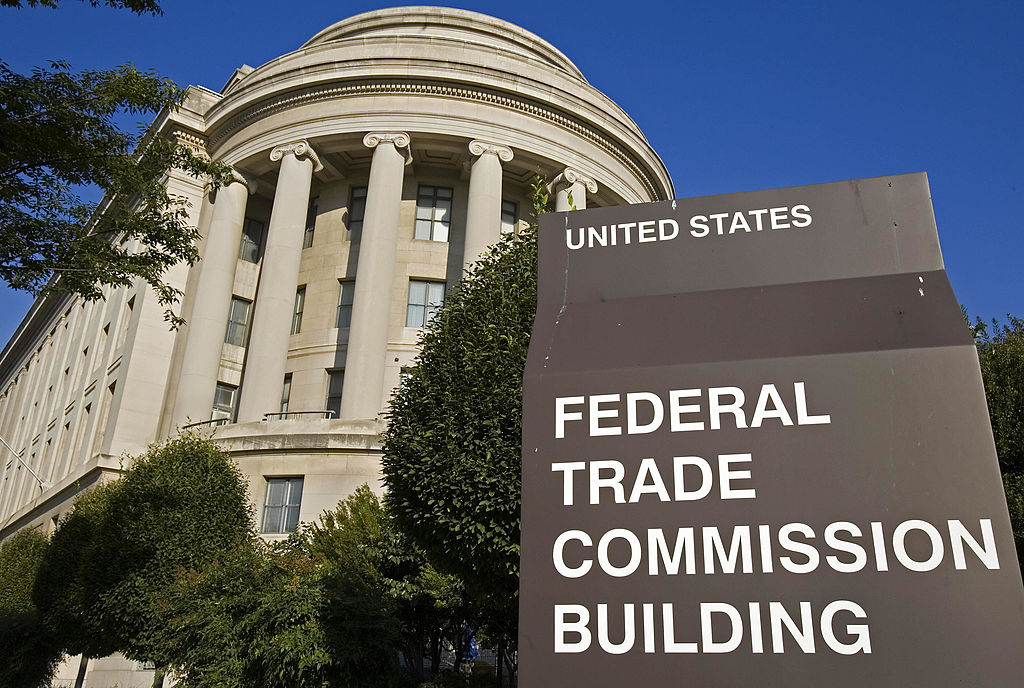FTC Expands Merger Approval Lookbacks
Comes as it considers whether Big Tech melds have slipped under antitrust radar

The smarter way to stay on top of the multichannel video marketplace. Sign up below.
You are now subscribed
Your newsletter sign-up was successful
The Federal Trade Commission is expanding its retrospective analysis into the impact of mergers it has approved over the past three-plus decades.
That comes as both the FTC and Department of Justice are looking at whether Big Tech mergers that got pro forma sign-offs because they were not large enough to trigger antitrust reviews should have been captured by competition reviews.
Related: FTC Launches Inquiry into Big Tech Rules
The Merger Retrospective Program is an effort to determine whether the FCC's threshold for bringing an enforcement action in a merger case has been "too permissive."
“Merger retrospectives are a powerful way of engaging in critical self-examination to see if our antitrust enforcement is working correctly,” said FTC chairman Joseph Simons.
The Bureau of Economics said program expansions will include expanding the industries studied, better communicating its findings to scholars, and better explaining the lessons that can be learned about enforcement.
Additional initiatives will include an annual report on those lessons learned, evaluating the tools for measuring competitive effects, maintaining a web site on retrospective research and supporting sessions on the topic at conferences and at the FTC.
The smarter way to stay on top of the multichannel video marketplace. Sign up below.
Back in February, the FTC issued "special orders" to Alphabet (Google), Amazon, Apple, Facebook, Google, and Microsoft, which require them to provide info on all acquisitions over the past decade (Jan. 1, 2010 and Dec. 31, 2019) that did not get an automatic antitrust review at the time.
The FTC picked those companies both because of the number of smaller transactions they have done in that time frame--"hundreds" said the commission, as well as their size and importance to the economy.
The orders are not related to any investigation of a specific company, but were rather an effort, the FTC said, to "deepen its understanding of large technology firms’ acquisition activity, including how these firms report their transactions to the federal antitrust agencies, and whether large tech companies are making potentially anticompetitive acquisitions of nascent or potential competitors that fall below HSR [Hart Scott Rodino] filing thresholds and therefore do not need to be reported to the antitrust agencies."
Deals below a certain value--currently $84 million--don't need to be submitted to the FTC and Justice for antitrust review. The FTC revises the figure annually based on the gross national product (GNP). Plus, there are other exemptions from antitrust review for deals larger than that threshold.
The FTC also sought info on "post-acquisition product development and pricing, including whether and how acquired assets were integrated and how acquired data has been treated."
The outcome from the review could range from changing its HSR guidelines to capture more deals--it is reviewing hundreds of deals, said Simons in a call with reporters at the time the letters were issued--to unwinding past deals, to behavioral conditions, to no action.
Contributing editor John Eggerton has been an editor and/or writer on media regulation, legislation and policy for over four decades, including covering the FCC, FTC, Congress, the major media trade associations, and the federal courts. In addition to Multichannel News and Broadcasting + Cable, his work has appeared in Radio World, TV Technology, TV Fax, This Week in Consumer Electronics, Variety and the Encyclopedia Britannica.

